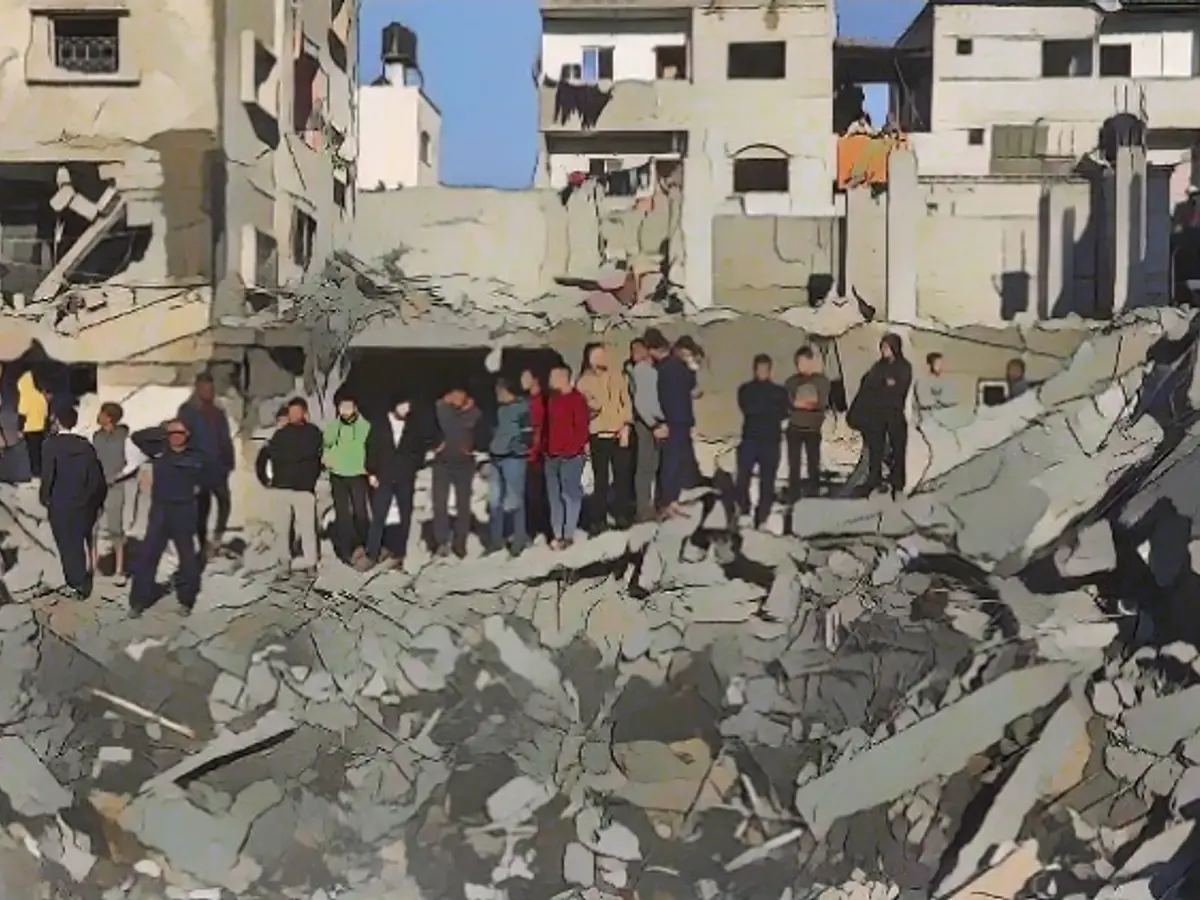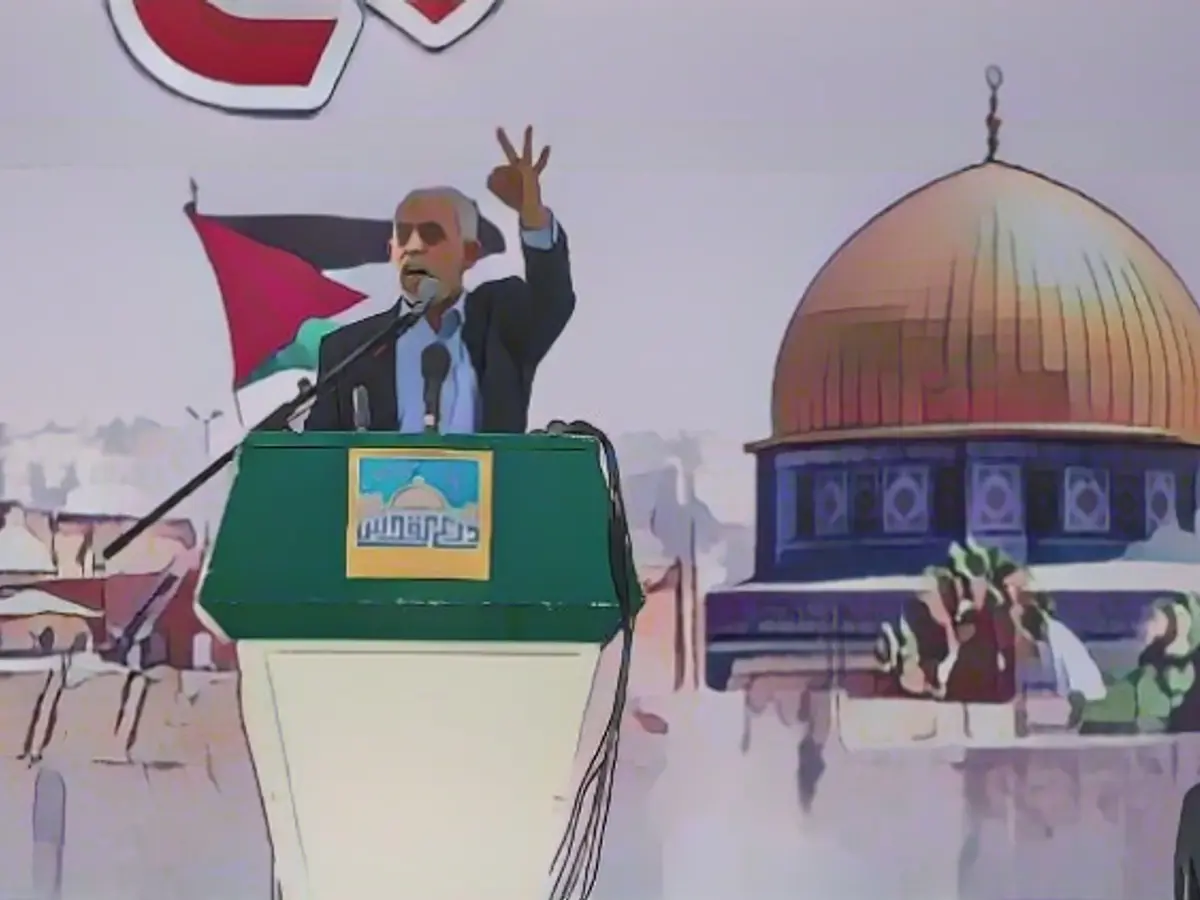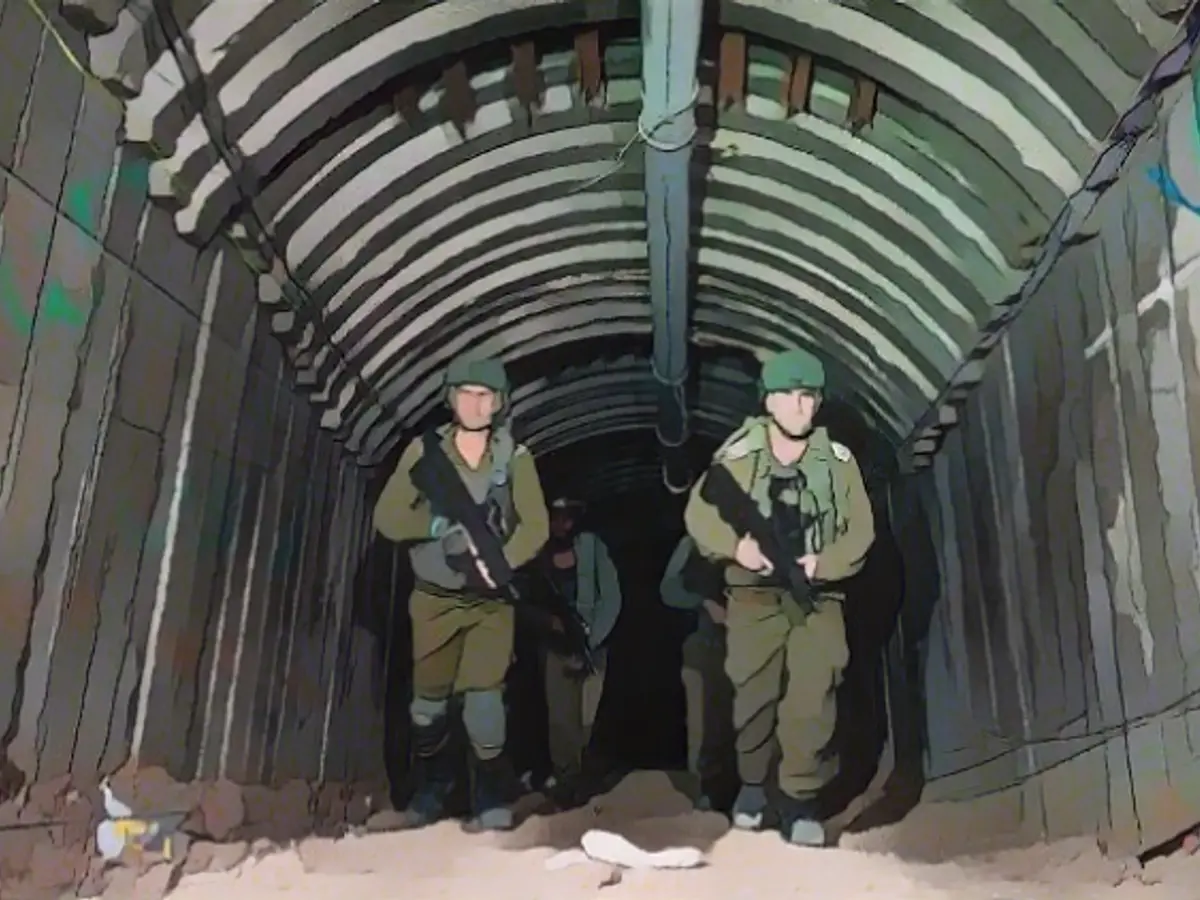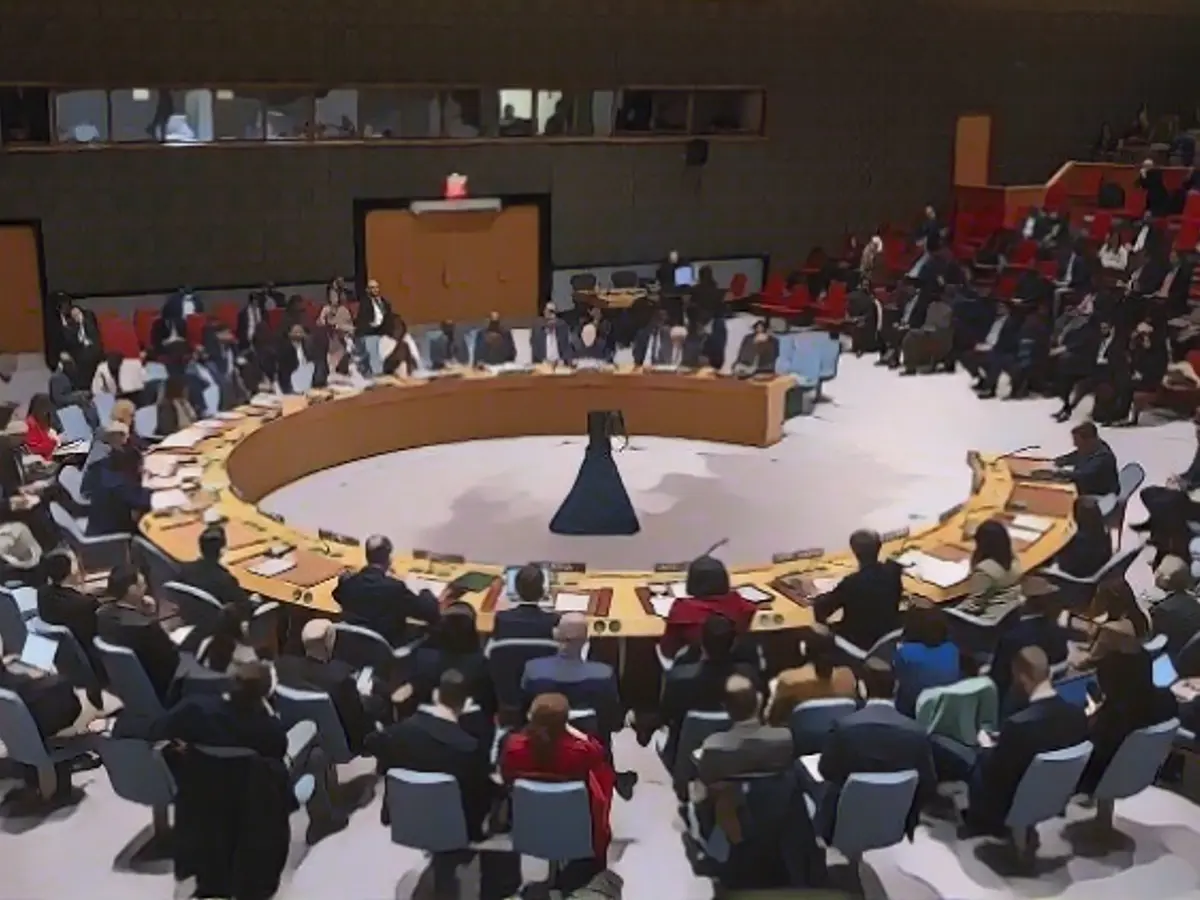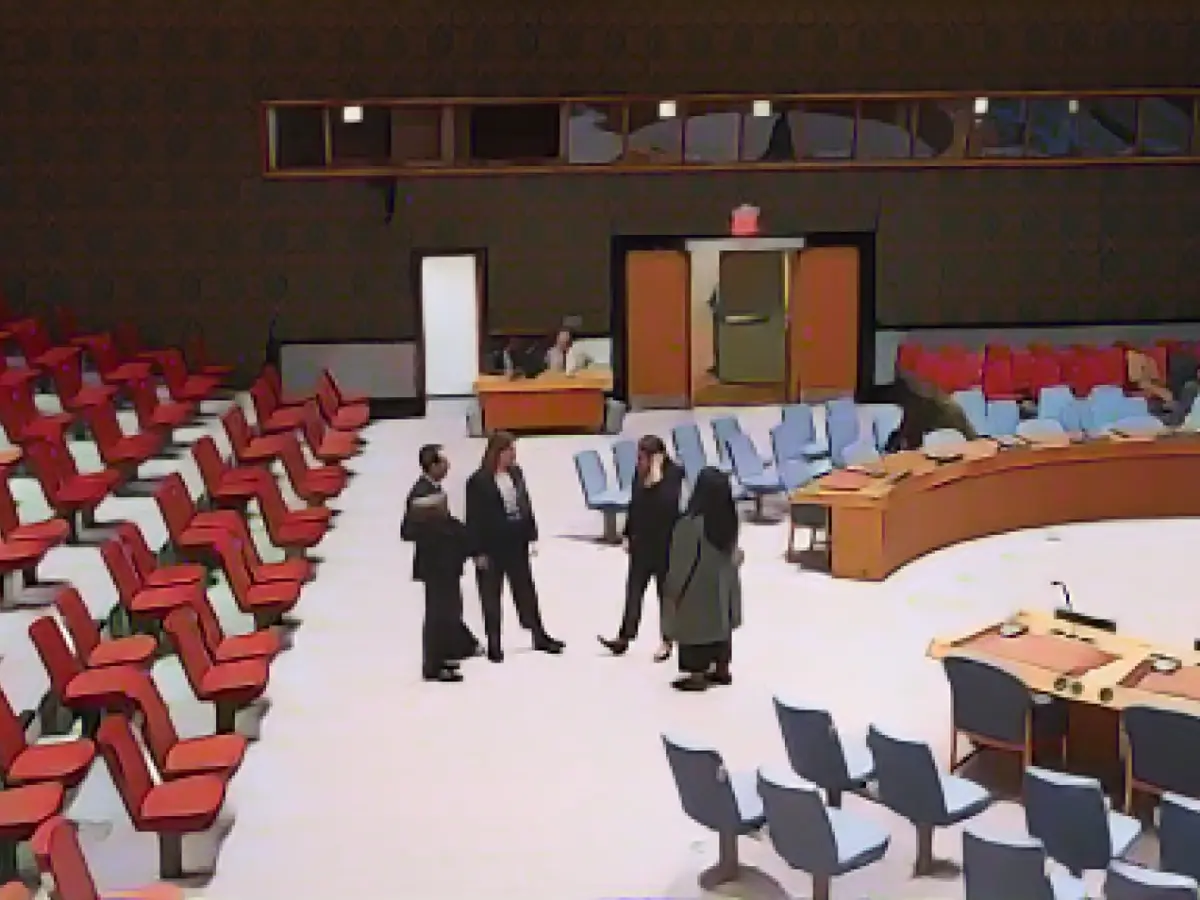Gaza Strip's Humanitarian Catastrophe: Unicef's Scathing Critique
Unicef's spokesperson James Elder returned from the Gaza Strip with a grim assessment of the situation, describing it as "catastrophic" in Geneva. The World Health Organization echoed his sentiments, labeling the continued acceptance of such dire conditions as "unconscionable."
Four out of five minors face chronic malnutrition, with diarrheal diseases spreading rapidly among the youngest children. Injured children often die without proper medical care, while parents of critically ill children can only offer them "hope and dirty water." Israeli forces' assurance of civilian sparing proves to be a hollow promise, as hypocrisy stifles empathy.
A poignant case in point is that of a 13-year-old girl, Dina, who lost her parents, two brothers, and later succumbed to a grenade attack in Nasser hospital. Despite the odds, Dina demonstrated resilience, planning for her future as a lawyer before her untimely demise.
UN Health Organization reports that only eight of the 36 hospitals are still operational, with staff barely able to maneuver in crowded wards. Even the sickest patients prioritize water and food over painkillers. "It's appalling that the world allows this suffering to persist," said WHO's spokeswoman Margaret Harris.
The UN Children's Fund (Unicef) continues to denounce the hypocrisy that hinders adequate aid for Gaza children, despite appeals and commitments from international bodies. Even as the United Nations calls for a ceasefire in the Middle East, the humanitarian crisis in Gaza remains debilitating.
Related Topics:
Gaza's humanitarian crisis stems from the prolonged conflict, resulting in extensive infrastructure damage, collapsed essential services, and food insecurity. The blockade by Israel exacerbates the crisis, and the disruption of humanitarian aid delivery further contributes to the community's suffering. Unicef's critiques extend beyond this crisis, including allegations of mishandling its staff's welfare during the crisis.
Enrichment Data:
- Humanitarian Crisis Overview:
- Casualties: Over 47,000 people have perished in Gaza, and an additional 1,004 in the West Bank. Around 111,000 Palestinians in Gaza and 16,000 in the West Bank suffered injuries in the conflict.
- Healthcare System: The healthcare system is on the brink of collapse, with many healthcare centers and facilities destroyed.
- Food Insecurity:
- Malnutrition: An estimated 60,000 children require immediate nutritional treatment, and 345,000 people face critical food shortage.
- Agricultural Sector: The agricultural sector has been severely affected, resulting in skyrocketing vegetable prices and decreased local food production due to Israeli entry restrictions.
- Water Crisis:
- Water Supply: The water supply system has been damaged, leaving nine out of ten residents without access to safe water. This in turn increases the risk of waterborne diseases.
- Hygiene and Sanitation: Accumulated waste poses health risks, exacerbating water and sanitation challenges.
- Infrastructure Destruction:
- ICT (Information and Communication Technology) Infrastructure: Approximately 60% of ICT infrastructure has been destroyed, eroding communication abilities and affecting essential services.
- Health and Education Facilities: Over 60% of healthcare and educational facilities have been wrecked, impacting healthcare and education delivery.
- Economic Downturn:
- Employment: Around 85% of workers in Gaza are jobless, with decreased economic activity and productivity at only 16% of pre-conflict levels.
- Humanitarian Aid Challenges:
- Aid Delivery: Conflict disruptions have affected the Palestine Red Crescent Society's abilities to deliver essential medical aid and emergency care. Restrictive entry rules for aid delivery further exacerbate the situation.
- Blockade: Israel's blockade restricts vital humanitarian assistance and resources, contributing to starvation among over half a million Gazans.
- UNICEF Criticism:
- Staff Treatment: Unicef has faced criticism for its handling of its Palestinian refugee employee, including failing to maintain her employment and support during the crisis.
Gaza's humanitarian crisis, resulting from the escalating conflict and prolonged blockade, continues to present dire challenges, with food, water, and healthcare accessibility severely limited, among other issues. Unicef has become a vocal critic of these conditions and the accompanying hypocrisy in humanitarian aid implementation, further highlighting the gravity of the crisis.
